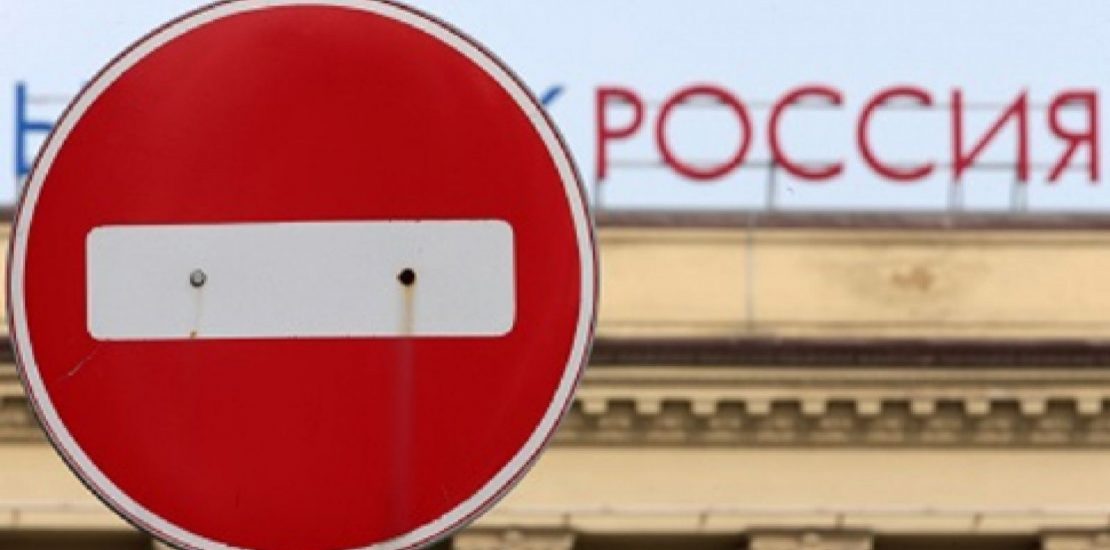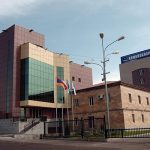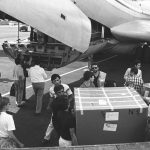- 31 January, 2020
- Economy and Energy

A few days after a wave of anti-Russian protests in Tbilisi on the night of June 21, 2019, Russia’s Rospotrebnadzor (Federal Service for the Oversight of Consumer Protection and Welfare) announced it would tighten its control over Georgian wines. The agency noted that the quality of wines imported from Georgia had deteriorated sharply in the last five years.
For Georgia, such an approach was not new. Even after the Rose Revolution in 2006 and after Mikhail Saakashvili came to power, Rospotrebnadzor banned the consumption of Borjomi mineral water and Georgian wines in Russia, which was Kremlin’s actual response to Saakashvili’s anti-Russian rhetoric.
But Georgia is not the only country on which Russia exerts such pressure driven by the political situation.
“Wine Crisis”: Moldova
In 2006, Rospotrebnadzor also banned the import of wines from Moldova, citing the presence of pesticides in them, but Moldova’s European integration could be the real reason. Moldovan wines returned to the Russian market a year later.
In September 2013, Rosprotrebnadzor again banned the import of wines from Moldova after it became known that Moldova was about to sign an association agreement with the European Union. However, the agency argued that such a decision was due solely to deteriorating Moldovan wines. “The ban will remain in place until Russia sees concrete steps by Moldova towards a solution to the problem” Rospotrebnadzor stated.
After the agreement was signed with the European Union, fruit, vegetables and meat imports from Moldova were banned in summer 2014 and in the subsequent months. The restrictions were fully lifted only in 2017, when pro-Russian Igor Dodon was elected Moldova’s president.
Ukraine
The signing of the Association Agreement with the EU cost Ukraine dearly too. Starting from July 2013, the import of Roshen confectionery from Ukraine was banned, which some experts perceived as pressure exerted on the eve of signing the Association Agreement with the European Union.
In 2014, following the signing of the agreement and in parallel with the escalation of the Crimea and Donbass conflict, the import of milk and cheese, confectionery and a number of other products from Ukraine to Russia was gradually banned.
“Milk Wars”: Belarus
In 2009, Rospotrebnadzor banned the import of milk and dairy products from Belarus on the grounds that it did not comply with the new quality requirements for dairy products. At the time, President of Belarus Alexander Lukashenko said the reason was political. “The Kremlin is taking revenge because Medvedev suggested that we sell 12 Belarusian milk factories to Russian companies, and we refused.”
The “milk wars” between Belarus and Moscow have been continuing until now with some interruptions. As a rule, restrictions on export of dairy products coincide with the transfer of the next tranche of credit, or when Belarus dares not to protect the Russian embargo on food imports from Europe and the US.
“Tomato Crisis”: Turkey
On November 23, 2015, right after the downing of the Russian Su-24 plane by the Turkish Air Force on the Turkish-Syrian border on November 26, Rosselkhoznadzor (Federal Service for Veterinary and Phytosanitary Surveillance) began extensive inspections of agricultural products imported from Turkey.
On November 30, the Russian government banned the import of agricultural products from Turkey as an economic sanction against that country. Rosselkhoznadzor, in its turn, regularly banned the import of Turkish tomatoes from other countries to Russia.
The so-called “tomato crisis” between the two countries was overcome only in April 2018, as Russian-Turkish relations improved.
Poland
In November 2005, Rosselkhoznadzor temporarily banned imports of vegetables and meat from Poland, citing their failure to comply with Russia’s phytosanitary requirements. Surprisingly, it coincided with Lech Kaczynski (noted for his anti-Russian rhetoric) being elected president of Poland.
The ban was lifted completely in 2007, when the Polish government was headed by Donald Tusk, who at the time displayed a more tolerant attitude towards Russia.
Since August 2014, Rosselkhoznadzor has again completely banned the import of fruits and vegetables from Poland, citing “multiple violations of certification procedures and the discovery of quarantine facilities”.
Meanwhile, the Polish authorities claimed that the restriction was of a political nature. “Embargo is political pressure in response to the European Union’s sanctions against Russia,” the Polish agriculture minister said.
Armenia
There has been no long-term restriction on exports of any commodities between Armenia and Russia that could be considered in a political context.
In May 2018, following the change of power in Armenia, Rosselkhoznadzor banned several batches of tomatoes from entering Russia, citing a pest found in the exported tomatoes.
Some have interpreted Moscow’s move as political pressure on the new Armenian authorities. However, then Minister of Agriculture of Armenia Artur Khachatryan and Head of Rosselkhoznadzor Sergey Dankvert denied these allegations, calling for not politicizing the issue of supplies from Armenia.
Thus, the above examples illustrate how food and agricultural product quality supervision agencies in Russia, such as Rospotrebnadzor and Rossellkhoznadzor, become tools for exerting political pressure on different countries, resulting in a blow to the economies of those countries.
Victoria Andreasyan
Union of Informed Citizens




